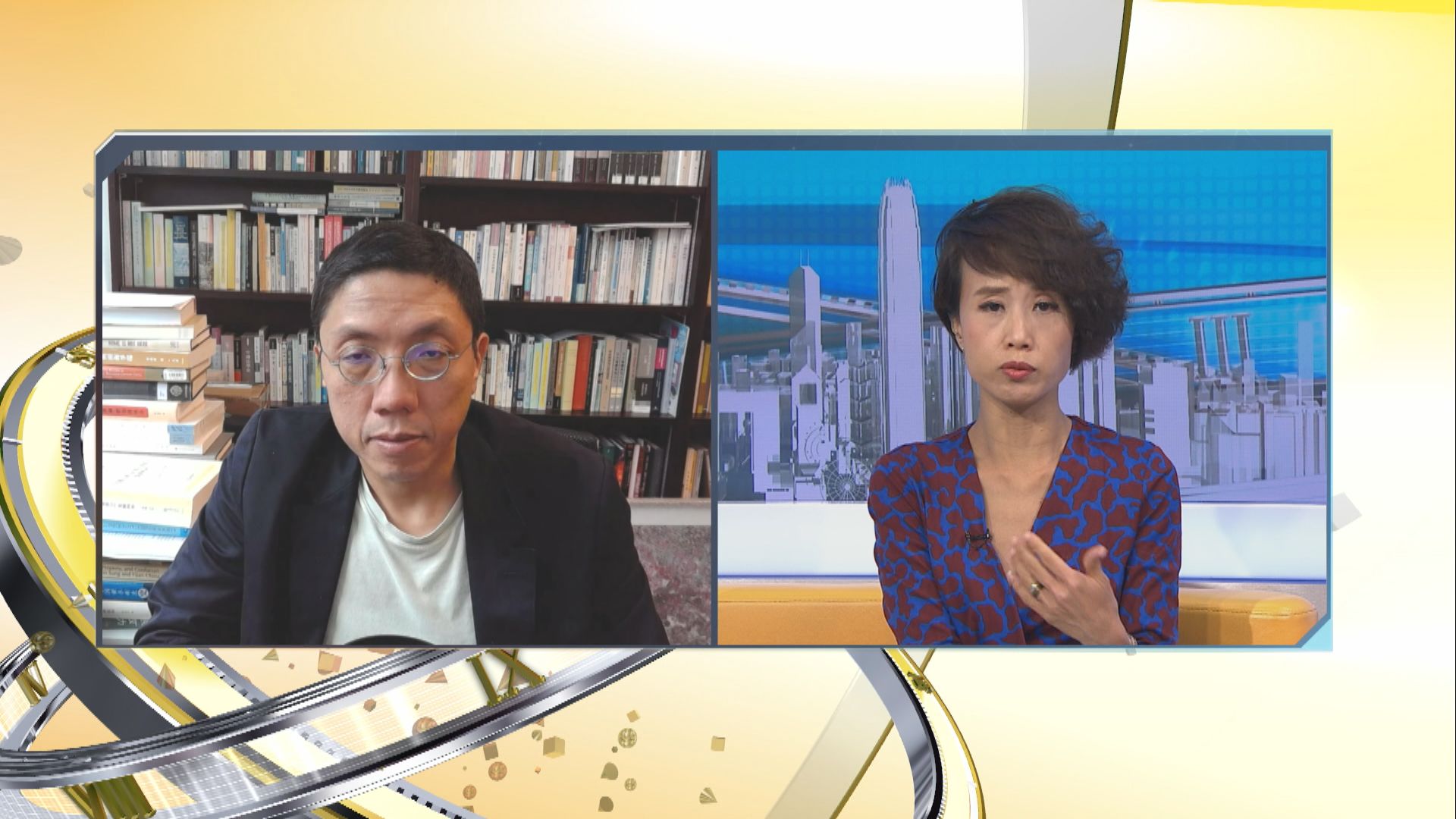APAC Employment Law Update Jan 2020
URL: https://www.lexology.com/library/detail.aspx?g=7d5d9040-ec17-4e1d-bd7b-c5b653bc81f1
Hong Kong
Pregnancy discrimination, Summary dismissals and Testifying via video conference
Sarniti v Lee Suk Ling [2019] HKDC 1158
In September, the District Court handed down a decision which involved a pregnant domestic helper being summarily dismissed by her employer.
Summary of Facts
From 2016 to 2017, the Claimant, Sarniti, was employed by the Respondent, Ms Lee Suk Ling, as a domestic helper.
Sarniti alleged that Ms Lee terminated her employment upon discovering her pregnancy, and claimed that this amounted to unlawful termination and sex discrimination under the Sex Discrimination Ordinance (Cap. 480). To substantiate her claim, Sarniti averred that Ms Lee went through her personal belongings and read her medical records, which revealed her pregnancy.
Ms Lee denied the above allegations and emphasised that she had no knowledge of Sarniti's pregnancy at the time of termination. Ms Lee asserted that she terminated Sarniti for her dissatisfactory performance and lack of improvement despite multiple warnings.
Decision
The key issues
The Court was asked to consider whether the termination amounted to unlawful termination and sex discrimination on the ground of Sarniti's pregnancy.
Alleged discrimination
The Court was of the view that Sarniti was unable to adduce evidence in support of her assertions that Ms Lee had knowledge of her pregnancy, and that Ms Lee went through her personal belongings. On the other hand, the Court found that Ms Lee was able to substantiate her defence by way of Whatsapp conversations and warning letters which demonstrated that she had been dissatisfied with Sarniti's performance since the first year of employment.
Based on the above, the Court held that Ms Lee terminated Sarniti due to her poor performance and not her pregnancy. Accordingly, the termination did not amount to sex discrimination.
Summary dismissal
Under Section 15 of the Employment Ordinance (Cap. 57) ("EO"), an employer is prohibited from terminating a pregnant employee unless by way of summary dismissal.
Under Section 9 of the EO, an employer may summarily dismiss an employee for habitual neglect of duties among other grounds.
As there was no issue of sex discrimination, the crux was whether Ms Lee had sufficient grounds to terminate Sarniti by way of summary dismissal.
Referring to case precedents, the Court stated that although an isolated incident of failure to perform job duties may not justify summary dismissal, the Court has to look at the totality of the evidence. Repeated and persistent failure assumes misconduct of a different character, particularly where the employee has been warned. Such conduct struck at the heart of the employer-employee relationship and justifies summary dismissal.
Upon evaluation of the evidence provided by both parties, the Court found that Sarniti had repeatedly failed to perform her duties and this amounted to habitual neglect. Therefore, Ms Lee was entitled to summarily dismiss Sarniti under Section 9 of the EO.
Testifying via video conference
Sarniti applied for leave to give evidence by video conference at a university hall in Indonesia, as she had already returned to her home country and could not afford the costs of attending trials in Hong Kong.
The key issue for the Court was which method of testifying could achieve a fair result for both parties. The burden lies with the applicant to raise concrete arguments to explain why video conference was needed, and to point to all relevant factors to justify a departure from the best and normal way of testifying (i.e. in person at court).
The Court reminded itself that each application should be decided on its own facts and to balance the prejudices caused by allowing or dismissing the application. Based on Sarniti's bank statements, the Court found her credible in establishing her financial difficulties. The Court also found the university hall to be an appropriate venue to give evidence, as the university confirmed that Sarniti could use its hall and undertook not to allow anyone into the hall apart from a technician and a proposed independent observer (a lecturer at the university).
Ms Lee argued that a university hall was less solemn than a court room and the Court accepted that testifying by video conference would prejudice Ms Lee to a certain extent. However, given that dismissing the application would mean that Sarniti would have to forgo her claim, the Court allowed the application.
Key Takeaways
• Although employers may terminate a pregnant employee by way of summary dismissal, the employer should proceed with caution and ensure that it has sufficient grounds to do so as Section 9 of the EO presents a very high threshold.
• To prove habitual neglect of duties, the Court will consider the totality of the evidence. Although a single incident may not be significant enough to justify summary dismissal, if the evidence shows a repeated and persistent failure to perform job duties, this may justify summary dismissal.
其它文章
APAC Employment Law Update Jan 2020
URL: https://www.lexology.com/library/detail.aspx?g=7d5d9040-ec17-4e1d-bd7b-c5b653bc81f1
Hong Kong
Pregnancy discrimination, Summary dismissals and Testifying via video conference
Sarniti v Lee Suk Ling [2019] HKDC 1158
In September, the District Court handed down a decision which involved a pregnant domestic helper being summarily dismissed by her employer.
Summary of Facts
From 2016 to 2017, the Claimant, Sarniti, was employed by the Respondent, Ms Lee Suk Ling, as a domestic helper.
Sarniti alleged that Ms Lee terminated her employment upon discovering her pregnancy, and claimed that this amounted to unlawful termination and sex discrimination under the Sex Discrimination Ordinance (Cap. 480). To substantiate her claim, Sarniti averred that Ms Lee went through her personal belongings and read her medical records, which revealed her pregnancy.
Ms Lee denied the above allegations and emphasised that she had no knowledge of Sarniti's pregnancy at the time of termination. Ms Lee asserted that she terminated Sarniti for her dissatisfactory performance and lack of improvement despite multiple warnings.
Decision
The key issues
The Court was asked to consider whether the termination amounted to unlawful termination and sex discrimination on the ground of Sarniti's pregnancy.
Alleged discrimination
The Court was of the view that Sarniti was unable to adduce evidence in support of her assertions that Ms Lee had knowledge of her pregnancy, and that Ms Lee went through her personal belongings. On the other hand, the Court found that Ms Lee was able to substantiate her defence by way of Whatsapp conversations and warning letters which demonstrated that she had been dissatisfied with Sarniti's performance since the first year of employment.
Based on the above, the Court held that Ms Lee terminated Sarniti due to her poor performance and not her pregnancy. Accordingly, the termination did not amount to sex discrimination.
Summary dismissal
Under Section 15 of the Employment Ordinance (Cap. 57) ("EO"), an employer is prohibited from terminating a pregnant employee unless by way of summary dismissal.
Under Section 9 of the EO, an employer may summarily dismiss an employee for habitual neglect of duties among other grounds.
As there was no issue of sex discrimination, the crux was whether Ms Lee had sufficient grounds to terminate Sarniti by way of summary dismissal.
Referring to case precedents, the Court stated that although an isolated incident of failure to perform job duties may not justify summary dismissal, the Court has to look at the totality of the evidence. Repeated and persistent failure assumes misconduct of a different character, particularly where the employee has been warned. Such conduct struck at the heart of the employer-employee relationship and justifies summary dismissal.
Upon evaluation of the evidence provided by both parties, the Court found that Sarniti had repeatedly failed to perform her duties and this amounted to habitual neglect. Therefore, Ms Lee was entitled to summarily dismiss Sarniti under Section 9 of the EO.
Testifying via video conference
Sarniti applied for leave to give evidence by video conference at a university hall in Indonesia, as she had already returned to her home country and could not afford the costs of attending trials in Hong Kong.
The key issue for the Court was which method of testifying could achieve a fair result for both parties. The burden lies with the applicant to raise concrete arguments to explain why video conference was needed, and to point to all relevant factors to justify a departure from the best and normal way of testifying (i.e. in person at court).
The Court reminded itself that each application should be decided on its own facts and to balance the prejudices caused by allowing or dismissing the application. Based on Sarniti's bank statements, the Court found her credible in establishing her financial difficulties. The Court also found the university hall to be an appropriate venue to give evidence, as the university confirmed that Sarniti could use its hall and undertook not to allow anyone into the hall apart from a technician and a proposed independent observer (a lecturer at the university).
Ms Lee argued that a university hall was less solemn than a court room and the Court accepted that testifying by video conference would prejudice Ms Lee to a certain extent. However, given that dismissing the application would mean that Sarniti would have to forgo her claim, the Court allowed the application.
Key Takeaways
• Although employers may terminate a pregnant employee by way of summary dismissal, the employer should proceed with caution and ensure that it has sufficient grounds to do so as Section 9 of the EO presents a very high threshold.
• To prove habitual neglect of duties, the Court will consider the totality of the evidence. Although a single incident may not be significant enough to justify summary dismissal, if the evidence shows a repeated and persistent failure to perform job duties, this may justify summary dismissal.










![[Topick]【慳家外傭】外傭姐姐化身水電工拯救家電 僱主讚盡力做事:不是破壞王](/static/uploads/news/9155131223.jpg)



![[香港01]【傻傻分不清】外傭「創意」用花盆裝餸 網民笑爆:幾有新年氣氛](/static/uploads/news/55571344.jpeg)